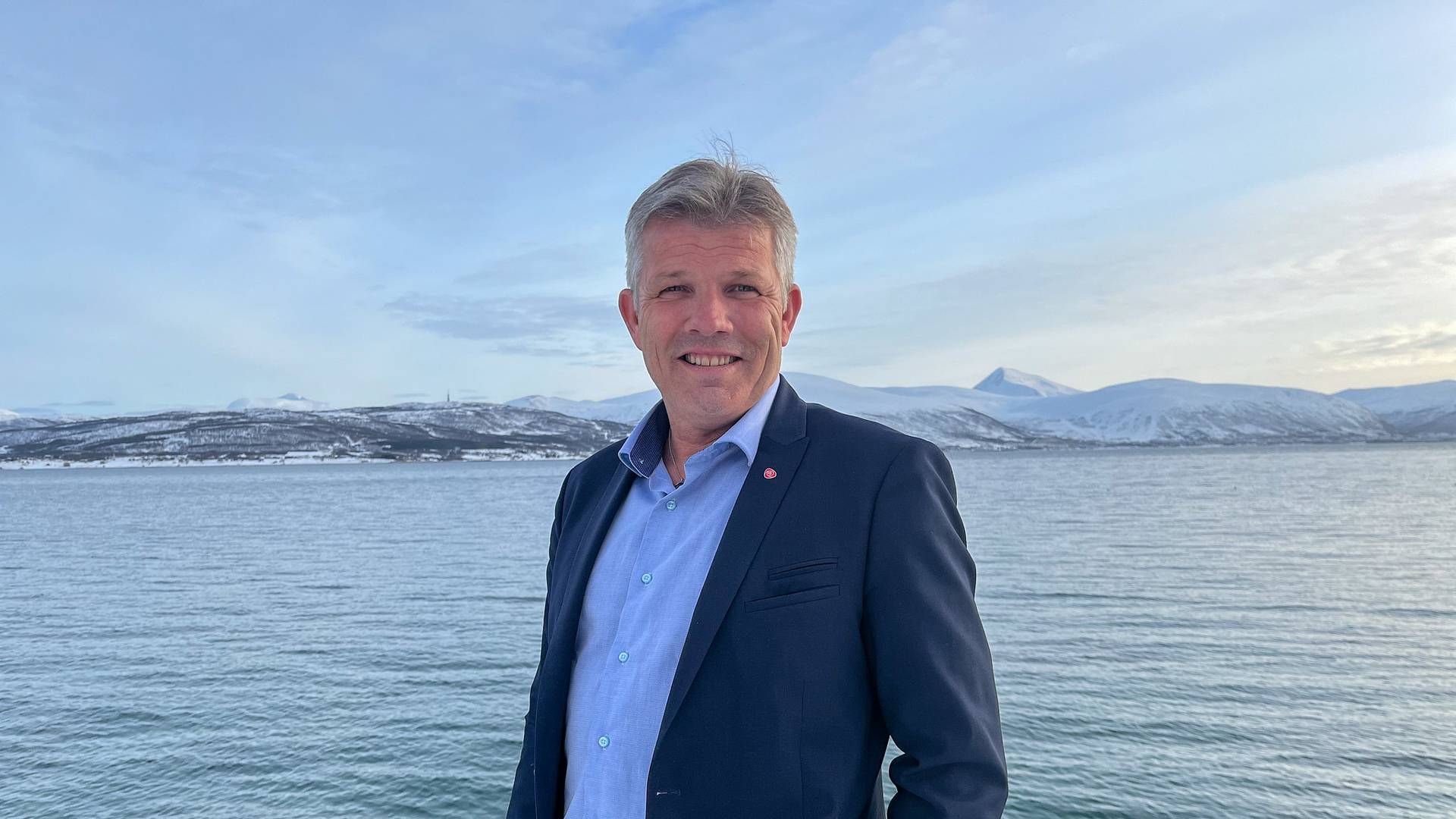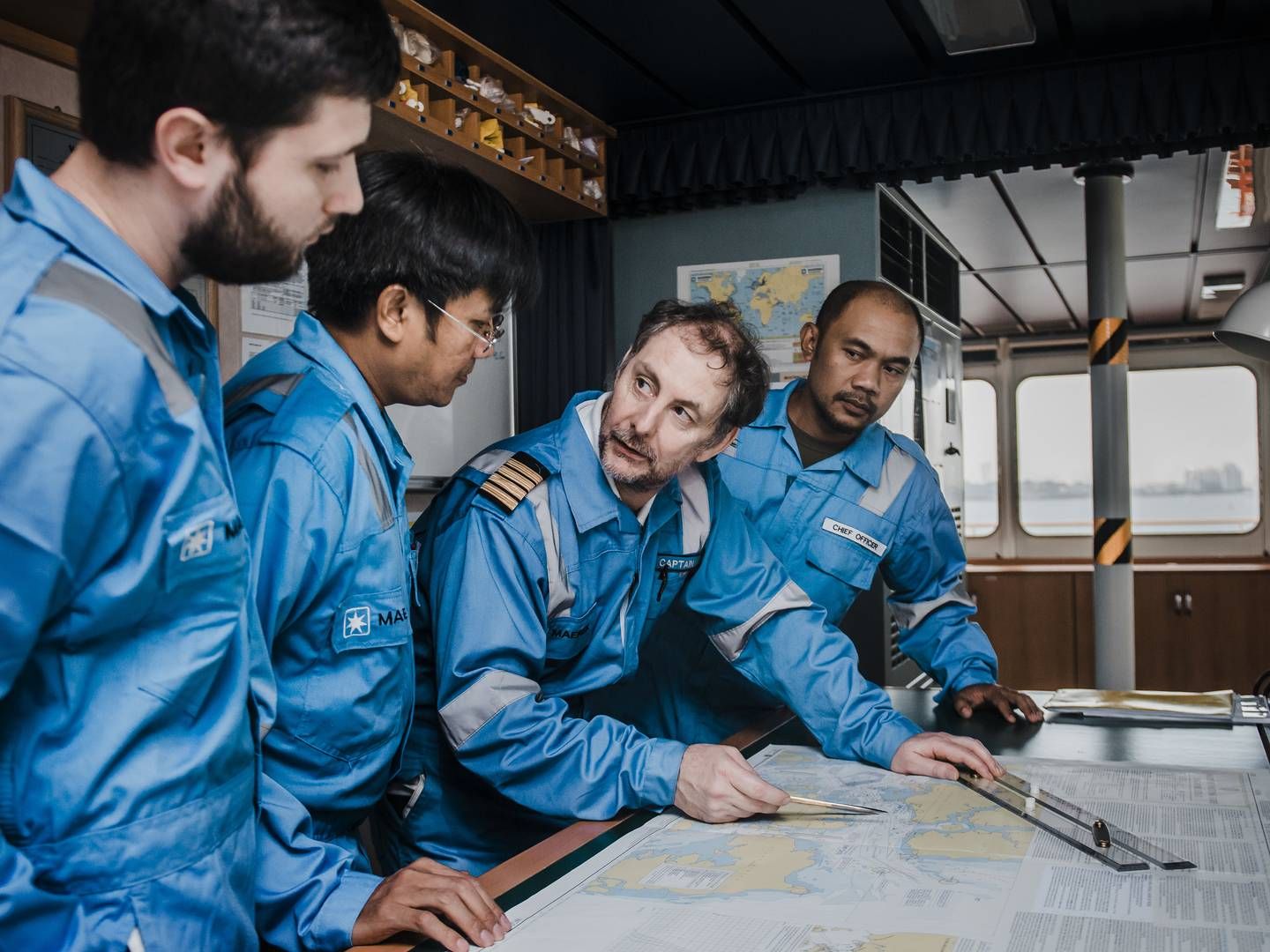Norwegian minister rejects fierce criticism of seafarer bill

Norway’s Minister of Fisheries and Ocean Policy says that a much-discussed legislative bill, which intends to secure better work and wage conditions aboard ships in Norwegian waters, complies with the country’s collaboration with the European Union.
Several shipowner associations have doubted the proposal’s legality, but this is not the case according to minister Bjørnar Skjæran.
”My assessment is that the bill, which has been through a hearing, complies with Norway’s international law obligations and with the EEA legislation,” states the minister in a written response to ShippingWatch.
The EEA concerns Norway’s collaboration with the EU and commits both parties within a number of areas.
”In the work with the hearing letter, thorough assessments of Norway’s obligations in relation to, for instance, ocean law, international commercial law and the EEA agreement have been made,” explains Skjæran.
He adds that the department is aware that there are different views on how the EEA legislation should be interpreted and understood, and that ”legal conditions on a number of points are unclear,” which now will be discussed with the EFTA Surveillance Authority (ESA).
Criticism from shipowner association
Not all agree with the minister’s assessment that the bill complies with international obligations, though.
Shipowners’ associations in Norway, Denmark and the Netherlands have all criticized the bill for violating the EEA agreement and ”other obligations under international law,” as phrased by the CEO of the Norwegian Shipowners’ Association to ShippingWatch.
The associations’ views have been supported by the European Community Shipowners’ Associations (ECSA).
The ECSA has sent a letter to the EU Commission and to ESA in partnership with the International Chamber of Shipping (ICS), asking the Commission to intervene.
The letter reads that the ”industry expresses its deep concern that the proposed legislation may undermine the EEA legal framework.”
The law proposal has overall received several hearing responses, and the Norwegian ocean policy minister says they all will be read closely.
”Also those concerned with EEA legislation and consequences for maritime business and the life of other businesses. The responses and their meaning will be assessed more closely in relation to the presentation of the bill to the Norwegian parliament,” tells Skjæran.
Wants to improve work conditions
The minister says that it’s a government priority to improve work conditions on land and at sea.
”The demand for Norwegian wage and work conditions will protect employees aboard ships, hinder social dumping and work against low-wage competition. It will create predictability and make maritime work a more attractive way of life,” states Skjæran.
The term social dumping caused strong reactions when mentioned in the bill.
“On the whole, we find it offensive that the content of the collective agreements that have been concluded between Danish Shipping and the Danish and other professional organizations is characterized as being an expression of social dumping,” writes Danish Shipping in its hearing response.
If all goes according to plan, the bill will be presented to the Norwegian parliament in the spring, says Skjæran.
English edit: Kristoffer Grønbæk
Maritime bodies urge EU to intervene to change new bill on seafarers’ rights
ECSA: Norwegian bill on seafarers could be in breach of EEA Agreement
European shipowners strongly oppose Norwegian bill on seafarers’ work conditions




















